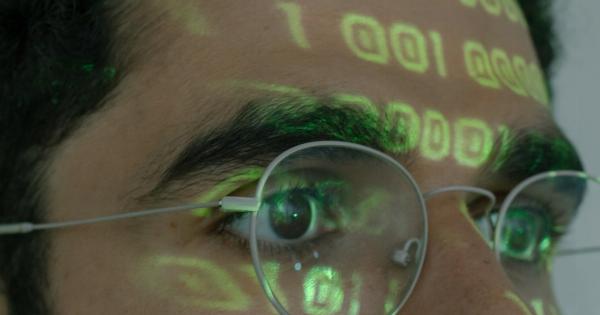Sleep is an essential part of our life. It is an important period of rejuvenation for the body and plays a crucial role in maintaining good health.
While we are asleep, our brain remains active and performs several functions that are vital to the overall functioning of our body. In this article, we will discuss how active our brain is when we sleep and what exactly happens during this period.
What Happens to Our Brain When We Sleep?
Our brain undergoes several changes in its activity when we sleep. It transitions through different stages, each with its own unique characteristics and functionality. There are four main stages of sleep: NREM1, NREM2, NREM3, and REM.
Each of these stages is identified by various changes in brain activity and body movements.
NREM1: Stage 1
This is the stage where we are drifting off to sleep. It is a light sleep stage that lasts for approximately 5-10 minutes.
During this stage, our brain produces theta waves, which are slower in frequency than the beta waves that are produced during the waking state. Our muscles also begin to relax, and our eyes start to move slowly. This is also the stage where we might experience sudden jerks or twitches as our muscles contract involuntarily.
NREM2: Stage 2
This stage is a relatively deeper sleep than NREM1 and lasts around 20-30 minutes. During this stage, our brain produces sleep spindles, which are short bursts of brain activity that last around 0.5 seconds.
Our brain also enters a state of low-frequency, high-amplitude waves known as delta waves.
NREM3: Stage 3
This stage is the deepest sleep stage and is often referred to as the slow-wave sleep stage. It lasts approximately 30 minutes. During this stage, our brain produces almost exclusively delta waves.
Our body is relaxed, and we are difficult to wake up in this stage.
REM Sleep
REM sleep differs from the other three stages as it occurs after a cycle of NREM sleep. During REM sleep, our brain is as active as it is during the waking state, and our eyes move rapidly from side to side.
Dreaming occurs during this stage, and our muscles are generally paralyzed to prevent us from acting out our dreams. REM sleep usually lasts for around 10-20 minutes.
Brain Activity During Sleep
While we sleep, our brain continues to function and perform various functions that are essential for maintaining our health. One important function is memory consolidation.
When we are awake, our brain processes new information, but it is during sleep that our brain consolidates this information and forms long-term memories.
Moreover, during sleep, our brain processes the information that we have learned during the day, discards what is not important and strengthens the connections that are necessary.
This process is essential for maintaining our cognitive abilities and learning new things.
Another function that our brain performs during sleep is regulating our emotions. During the day, our emotions may get out of control due to various reasons. However, during sleep, our brain consolidates these emotions and helps us regulate them.
This is why getting a good night’s sleep can help us manage anxiety, stress, and other negative emotions.
Dreams and Brain Activity
Dreams are an essential part of the sleep cycle and are a result of our brain’s activity. Dreams can be vivid and intense, and they can involve a range of emotions, situations, and experiences.
They often involve different parts of our brain, which are responsible for creating characters, stories, and emotions.
Recent research has suggested that dreaming can have a therapeutic effect on our mental health. Dreams can work through unresolved issues, provide us with solutions to problems and give us a better understanding of ourselves.
The Bottom Line
Sleep is an essential part of our life, and it is important to understand how it works. Our brain remains active during sleep, and it performs several functions that are vital to the overall functioning of our body.
Understanding the different stages of sleep and brain activity can help us appreciate the importance of getting a good night’s sleep and help us maintain good health.




























